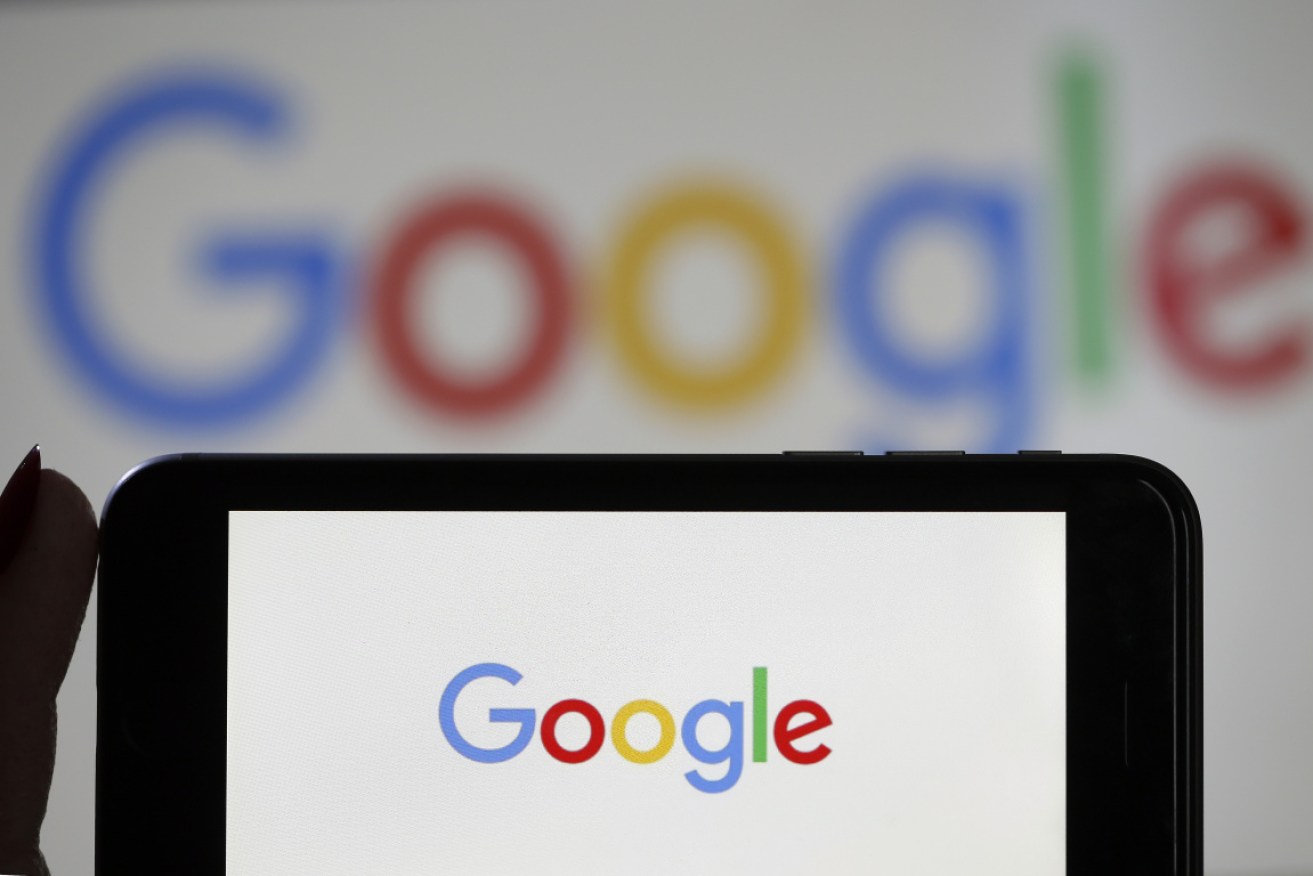Google unveils quantum supremacy computer

The ACCC has said it was "unlikely" the tech giants would abide by a voluntary code. Photo: Getty
Google says it has achieved a breakthrough in computing research by using a quantum computer to solve in minutes a complex problem that would take today’s most powerful supercomputer thousands of years to crack.
The tech giant’s researchers expect quantum computers within a few years will fuel advancements in fields such as artificial intelligence, materials science and chemistry.
The company is racing rivals, including IBM Corp and Microsoft Corp, to be the first to commercialise the technology and sell it through cloud computing units.
For decades, computer scientists have sought to harness quantum physics to produce much faster speeds.
Whereas traditional computing relies on bits, or ones and zeros, quantum computing uses quantum bits, or qubits, that can be both one and zero at the same time.
But there’s a catch: Quantum researchers need to cool the qubits to close to absolute zero to limit vibration – or “noise” – that causes errors to creep into their calculations.
It’s in this extremely challenging task that Google, aided by liquid helium for cooling, has made significant progress.
“For those of us working in science and technology, it’s the ‘hello world’ moment we’ve been waiting for – the most meaningful milestone to date in the quest to date to make quantum computing a reality,” Google’s CEO Sundar Pichai wrote in a blog.
Very proud that our @GoogleAI team has achieved a big breakthrough in quantum computing known as quantum supremacy after over a decade of work, as published in @Nature. Thank you to our collaborators in the research community who helped make this possible.https://t.co/yZUUbZsyA0
— Sundar Pichai (@sundarpichai) October 23, 2019
Google has developed a microprocessor, named Sycamore, that packs a total of 54 qubits. Measuring about 10 mm across, it is made using aluminium and indium parts sandwiched between two silicon wafers.
Sceptics say Google is over-selling its achievement, however. Researchers at rivals IBM, said a supercomputer with additional disk storage can solve the random number problem in at most two days with greater fidelity – or accuracy.
They also said Google risked misleading the public by implying the new-style computers would replace existing ones.
But Torsten Siebert, manager of the quantum computing research programme at Germany’s Fraunhofer Society, said Google had achieved impressive fidelity in its experiment involving a large number of qubits.
Ultimately, he said, quantum computers were likely to work in harness with classical computers – with each playing to its strengths.
-AAP








